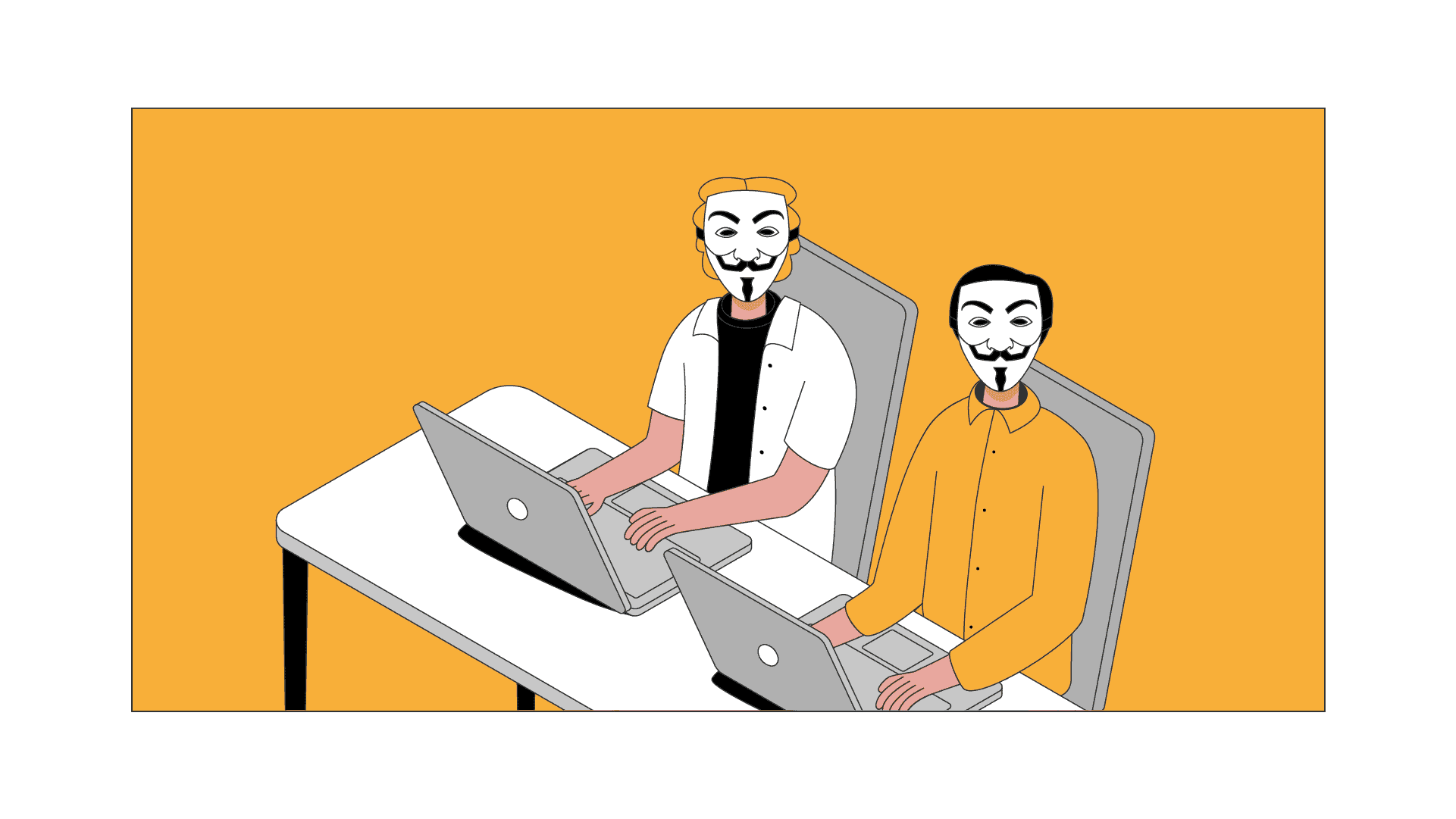How to Browse Anonymously
Want to hide yourself from prying eyes online? It’s not that hard.

How Do Websites Track Me?
Numerous ways exist to track your activity online. Websites can add cookies to your browser to serve you targeted ads. They can use canvas fingerprinting techniques to distinguish you from thousands of other people. Search engines can collect your queries and sell them to the highest bidder.
A major part of your online identity is your IP address. This is a string of numbers assigned to your network that identifies your devices online. IP addresses hold a lot of information about you, and they can have a big impact on your experience online.
What Can Someone Do with My IP Address?
Anyone with your IP address can reveal your ISP, country, city, and even postal code. You can test this out with your own IP address.
This means websites can show you different content or even block access to certain content altogether depending on your location or prior actions. For example, you won’t be able to watch US Netflix shows if your IP address shows your location in England.
Your internet service provider keeps logs of all the websites you visit. This data can be sold (if the local laws allow it) or handed over to governmental agencies if needed. If that doesn’t sound appealing to you, you can use tools to hide your virdual identity.
How to Browse Anonymously
If you want to reveal less information about yourself online – or simply unblock geo-restricted content – two effective options are a Virtual Private Network (VPN) and an anonymous proxy server.
VPNs and anonymous proxies both work in a similar way. Both give you a different IP address from a country of your choosing to mask your original geolocation. You then connect to websites through that address, without revealing your original IP or location. Proxies and VPNs hide you from websites and keep your internet service provider from collecting your browsing data.
Should I Use Anonymous Proxies or a VPN to Browse Anonymously?
There are two main differences you should consider:
- VPNs are more focused on individual use. With proxy service, you can have hundreds of proxies at once. This is important when you want to do bulk tasks: manage multiple social media accounts or scrape high volumes of data from the web.
- VPNs may hide your virtual identity, but they don’t hide the fact that you’re using a VPN. On the other hand, you can get proxies that come from residential users and are indistinguishable from real IPs. This is very useful for business use cases where fraud is involved, such as ad verification.
You can read about their differences in greater detail here.
Conclusion
When going anonymous online, it all goes down to the right solution and your own needs. For casual browsing VPN might be a better option. But if you want to do automated tasks or emulate real users, you should get anonymous proxies instead. I hope that this article will help you make the right choice.